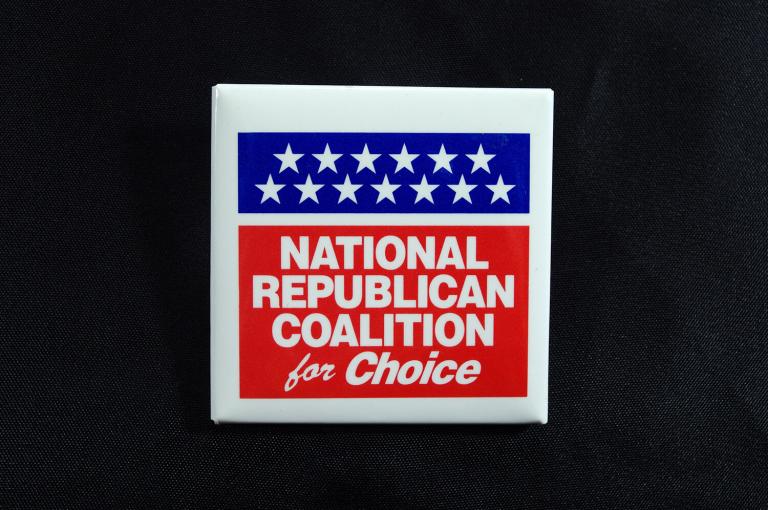I was once at a Christian college that was changing its approach to chapel. The administration decided to switch from a contemporary worship style to a more traditional style. Some of the students objected, on the grounds that they don’t know all of these hymns. They wanted to stick to the praise songs they already knew. They wanted to stick with what was more familiar to them. Other students liked the changes. It’s something new, they said. It’s different.
I then realized that contemporary worship was all these students had ever known. Since they had worshiped with praise songs and drum sets for all of their lives, contemporary worship was traditional for them! And since they had never worshiped with hymns and liturgy before, traditional worship was new, even contemporary, for them!
Some opposed the changes and some appreciated them. They were raising all of the “worship war” issues, but the roles were reversed from the usual congregational controversies. The “contemporary” fans were sounding like the stodgy traditionalists, and the “traditional” fans were sounding like the forward-looking innovators.
In answer to his question, Littlejohn says that, yes, Americans on the whole tend to be conservative, but only in this sense: “Many people want to conserve the only status quo that they know.”
Littlejohn reminds us that in 1969, Richard Nixon appealed to what he called the “silent majority,” the solid Americans who were fed up with the Sixties counter-culture, with its opposition to “the establishment,” its protests against the Vietnam War, and its “sex, drugs, and rock ‘n’ roll” lifestyle. I would add that ten years later, conservative Christians found their political muscle by tapping into the “moral majority,” the church-going mainstream who opposed abortion and wanted to uphold “family values.” Ever since, Littlejohn says, politicians on the right have tended to pitch their message to that kind of conservative.
And yet today, conservative voters in solidly Republican “red states” are voting to legalize abortion. I would add that they are also voting to legalize marijuana and sometimes harder drugs. And polls show that they are basically fine with gay marriage, pre-marital sex, and cohabitation apart from marriage. All of which were more or less taboo for the “moral majority.”
Littlejohn asks, “Where did the ‘silent majority go?”
Well, nowhere. The silent majority is still there, and they are still “conservative.” . . .Most people hate change—at least changes they themselves didn’t decide on—and grumble about the troublemakers foisting change upon them. Most people prefer some measure of cultural and political stability, so they can inhabit a world that makes sense to them, a world they’ve always known.
Consider these facts: The average American alive is 39 years old, and thus cannot personally remember a world before, say, 1989. . . .
For most Americans alive today, the world of Roe v. Wade simply is traditional.Most people will instinctively react to conserve the traditions they know, but these traditions may often be of laughably recent vintage.. . . .The values [Roe v. Wade] embodies, the social expectations for men and women it makes possible, the “right” it represents—all of these have been internalized by the silent majority as simply part of the status quo. Thus, confronted with the prospect of a post-Dobbs rending of the social fabric they knew, the silent majority reacted precisely as one might expect them to, taking to the ballot box to restore the disrupted status quo.
Americans are still conservative in a sense, but it is now radical individualism and materialism that many want to conserve. . . .The median voter, then, will still go to the ballot to protest runaway immigration, for that is a disruption of the world he knows, but he will not go to the ballot to protest abortion, for that is the world he knows.
To know the world before 1989 takes education, either from parents or schools. Learning about the heritage of the past and transmitting its wisdom used to be a major purpose of education. Today that isn’t happening much in our public schools and mainstream universities. (Though, I would add, this is happening in the revival of classical schools and colleges.) Littlejohn also finds hope in “those of devout faith in religious communities that still recite creeds from bygone days.”
For the most part, though, he says, “only that narrow sliver—the conservative intelligentsia and a few religious traditionalists—are still staunchly ‘conservative’ in the sense of conserving traditional moral convictions and ways of life, time-tested wisdom from centuries past on which our civilization was built.”
For authentic conservatives, who still know an even older world, this presents a challenge—politically speaking, an almost insuperable challenge. Politics can shape culture, to be sure, but in a democratic polity, you cannot simply reverse a cultural tide by political means. You can, perhaps, slow its progress, buying time for cultural renewal, but that renewal will have to come at the level of the imagination, educating the silent majority of Americans to recognize that there is a world more real and more true than the increasingly unreal one that has been presented to them these past 50 years.
Photo: This item has been digitized and made available for public use with no restrictions by the Towson University Special Collections and Archives.












